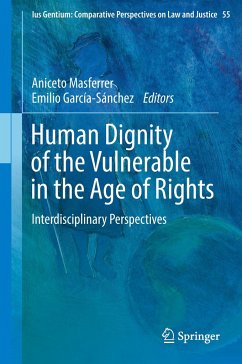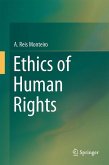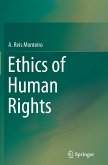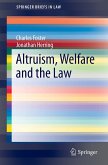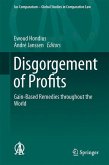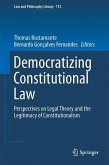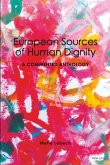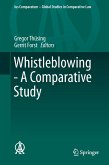This volume is devoted to exploring a subject which,on the surface, might appear to be just a trending topic. In fact, it is muchmore than a trend. It relates to an ancient, permanent issue which directlyconnects with people's life and basic needs: the recognition and protection ofindividuals' dignity, in particular the inherent worthiness of the mostvulnerable human beings. The content of this book is described well enough byits title: 'Human Dignity of theVulnerable in the Age of Rights'. Certainly, we do not claim that only thehuman dignity of vulnerable people should be recognized and protected. Werather argue that, since vulnerability is part of the human condition, humanvulnerability is not at odds with human dignity. To put it simply, humandignity is compatible with vulnerability.
A concept of human dignity which discards or deniesthe dignity of the vulnerable and weak is at odds with the real humancondition. Even those individuals who might seem more skilled and talented arefragile, vulnerable and limited. We need to realize that human condition is notlimitless. It is crucial to re-discover a sense of moderation regardingourselves, a sense of reality concerning our own nature. Some lines of thoughttake the opposite view. It is sometimes argued that humankind is - or is calledto be - powerful, and that the time will come when there will be novulnerability, no fragility, no limits at all. Human beings will become likeGod (or what believers might think God to be). This perspective rejects humanvulnerability as in intrinsic evil. Those who are frail or weak, who are notautonomous or not able to care for themselves,do not possess dignity. In this volume it is claimed that vulnerability is aninherent part of human condition, and because human dignity belongs to allindividuals, laws are called to recognize and protect the rights of all ofthem, particularly of those who might appear to be more vulnerable and fragile.
A concept of human dignity which discards or deniesthe dignity of the vulnerable and weak is at odds with the real humancondition. Even those individuals who might seem more skilled and talented arefragile, vulnerable and limited. We need to realize that human condition is notlimitless. It is crucial to re-discover a sense of moderation regardingourselves, a sense of reality concerning our own nature. Some lines of thoughttake the opposite view. It is sometimes argued that humankind is - or is calledto be - powerful, and that the time will come when there will be novulnerability, no fragility, no limits at all. Human beings will become likeGod (or what believers might think God to be). This perspective rejects humanvulnerability as in intrinsic evil. Those who are frail or weak, who are notautonomous or not able to care for themselves,do not possess dignity. In this volume it is claimed that vulnerability is aninherent part of human condition, and because human dignity belongs to allindividuals, laws are called to recognize and protect the rights of all ofthem, particularly of those who might appear to be more vulnerable and fragile.

